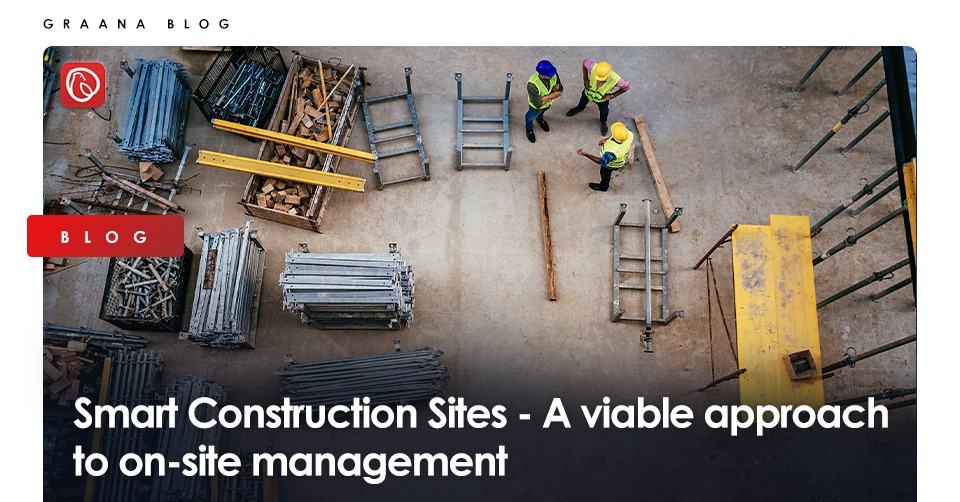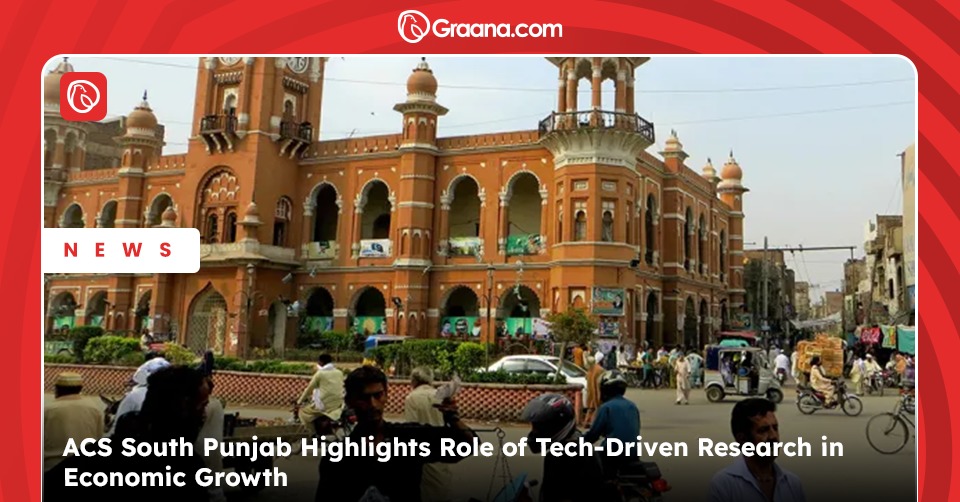From labor-intensive sites to information and data-driven methods, the construction industry has transformed, improving how stakeholders and teams interact. The innovative sites use various smart technologies to enable real-time information perception inter-party cooperation, leading to intelligent on-site management decisions by integrating all technology for carrying out its operations.
Project managers can use smart construction sites to keep a 24-hour eye and monitor every operation precisely. e.g., no of materials arrived, number of machinery, the time required to perform functions, etc. Sensors, cameras, and other surveillance systems put on-site or worn by construction workers at a smart construction site help project managers to improve overall effectiveness on site, monitor and evaluate development and quality, and identify potential hazards by analyzing data. Sensors can be implanted in building materials or construction equipment to detect their location and utilisation.
Graana.com brings you a list of benefits of smart construction sites.
Improved Site Accessibility
It allows project managers to assess task progress and the position of personnel and equipment and to notify them of which job locations have enough people and equipment to complete the project on time and which may require more labor. Also, different teams can collaborate no matter where they are. People on-site and people working off-site can collaborate without any discrepancy. This allows clear communication and improved efficiency.
Improved Quality of Construction Materials
Ensuring the usage of high-quality construction materials is critical to any project. Due to embedded sensors at different locations at the construction site, the quality of construction materials can be monitored. This minimizes the risk of using sub-standard materials delivered by the suppliers.
Reduced Costs
Smart technologies can help keep an eye on the time, labor, and money spent on the project. Since the project conception, predictive algorithms can help keep track of the budget. Better data-based insights and predictions allow for better planning. If the planning is not real data-driven, it leads to additional costs in the long run.
Timely Completion of Projects
Project managers can monitor work, including worker productivity and process compliance using face recognition software, onsite cameras, and similar technology on the job site in real-time. This accelerates the whole process, saves time, and ensures the timely completion of projects. It also highlights issues that could turn into a disaster later.
Detect Safety Hazards
Often, construction laborers face severe hazardous circumstances leading to injuries and sometimes even death. Smart construction sites can monitor the process, predict potential risks, and promptly alert the managers.
Environmental Sustainability
Smart construction sites can ensure environmental sustainability in the area site is located. It can monitor and assess ecological toxins in real-time and predict necessary measures to tackle them. It helps mitigate damage caused to the environment through construction sites and enhances immediate environmental conditions.
Rapidly evolving smart technologies can play a critical role in enhancing on-site production efficiency and lowering costs. Smart construction sites can avoid social, economic, and environmental disasters. Despite the multiple benefits, there is still a great need and untapped potential for such technology to be implemented in the Pakistani sector.




